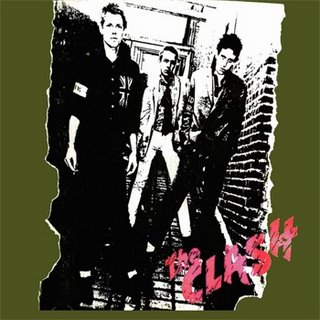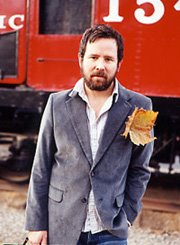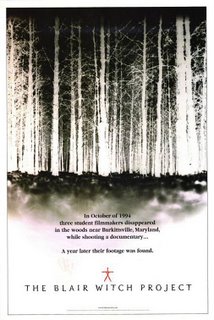NBA OR NFL?
7 - have been arrested for fraud
19 - have been accused of writing bad checks
117 - have directly or indirectly bankrupted at least 2 businesses
3 - have done time for assault
71 - can not get a credit card due to bad credit
14 - have been arrested on drug-related charges
8 - have been arrested for shoplifting
1 - currently are defendants in lawsuits, and
84 - have been arrested for drunk driving in the last year
Can you guess which organization this is?
Give up yet?
Neither, it's the 535 members of the United States Congress.
The same group of Idiots that crank out hundreds of new laws each year designed to keep the rest of us in line.
























